What Society Looks Like When Love, Family, and Parenthood Are Reimagined Through the DropD Network Ethos?
In a world crumbling under the weight of outdated relationship models and institutional strain, what if there were a new relational operating system? One not just designed for personal preference, but for cultural resilience, emotional evolution, and civilizational regeneration?
Enter the idea of a Social Commitment Network, a system like DropD, not as an app, but as a blueprint for a post-fragmented society.
Now imagine what kind of society would emerge if it aligned permanently with three radical but coherent beliefs:
- Try a floating marriage before a full one.
- Single mothers should opt for spiritual fatherhood (through network-deity sanctified bonds) over legal paternity.
- Co-parenting is a superset of humanity, while sexual preferences are only subsets. If the superset is honoured, the subsets will align.
Let’s explore what such a society might look like.
1. Floating Marriage as a Civic Trial Run for Commitment
In the current paradigm, marriage is a legal cliff dive. One ceremony, one signature, and you’re expected to build a lifelong union, financially, emotionally, socially, often with little systemic support or pre-contractual bonding.
Now imagine a world where the default is not full marriage, but Floating Marriage: a transparent, time-bound relational contract, say 6 to 12 months, facilitated through the DropD Network’s smart contract system (ROCCA).
What would change?
- Commitment becomes a skill, not a blind leap.
Couples learn to co-create agreements, resolve conflict, and earn trust, without fear of permanent entanglement or social failure. - Legal overhead vanishes, emotional maturity rises.
The system no longer punishes breakups as failures, but honours them as honest conclusions of relational cycles. - The stigma around “short relationships” dissolves.
People would begin to view Floating Marriage not as casual or temporary, but as intentional, sacred preparation for lifelong commitment.
In such a society, full marriage becomes a graduation, not a gamble. A Floating First, Full Later policy would foster relational literacy at scale, making marriages rarer but stronger.
2. Spiritual Fatherhood for Single Mothers: From Biology to Blessing in DropD
Today, millions of children grow up without an engaged father, and legal paternity systems often trap families in bureaucratic stagnation, emotional distance, or financial policing.
Now, imagine a social protocol where single mothers opt out of legal paternity, and instead align their children with a chosen spiritual father figure, selected through network sanctification, bonded not by biology, but by ethics, character, and voluntary presence.
Call this role Soma Pater, a spiritually recognized guardian named in alignment with a network-deity or ancestral archetype that carries emotional responsibility without legal entrapment.
What would shift?
- Men are free to mentor without state-imposed obligations, creating a system where emotional guidance replaces absent biological roles.
- Mothers become active curators of fatherhood, not litigators against unwilling participants.
- Children grow up with narrative lineage, not just legal paternity, creating identity through mythic responsibility rather than paper-based enforcement.
This model resurrects the role of godfather as guardian, but at scale, and with reputational and spiritual honour.
3. Co-Parenting as Superset; Sexual Preference as Subset in DropD
Sexual preferences today often define identity politics, hetero, queer, poly, mono, fluid, ace, all carving cultural space in pursuit of rights, visibility, and respect.
But what if we flipped the pyramid?
What if the most sacred social function was not whom we love but how we co-parent, and sexual identity became a secondary variation within that foundational human structure?
DropD Network’s belief in co-parenting as a superset principle radically reorients this idea.
What this unlocks:
- Shared child-raising responsibilities across genders and orientations, not locked into two-person romantic contracts.
- Village-style parenting zones, where community members can plug into a child’s world through defined, opt-in roles.
- A social grammar where sexual exploration is safe, but never weaponized, because the foundation is child integrity and relational ecosystem, not erotic preference.
This would create a society where:
- Sexuality is personal.
- Parenting is public, sacred, and supported.
- Emotional alliances transcend romantic instability.
Society as Designed by These Three Beliefs
If these three axioms governed the core of social architecture, here’s what we’d see:
Education
Children would be raised by intentional co-parenting clusters, often involving biological, spiritual, and communal parents. Schools would teach emotional contracts, archetype roles, and relationship design alongside math and language.
Housing
Communes would replace nuclear households. One-living zones (cohabitation contracts) would replace leases. Property would reflect relational constellations, not just coupledom or bloodlines.
Aging
Elders would serve as community-based spiritual advisors, not isolated retirees. Older mentors would often be sanctified spiritual fathers/mothers, reconnecting generations.
Gender Roles
Masculinity and femininity would evolve from performance to function. People would self-design their relational archetypes, Lover, Caregiver, Breadwinner, Thinker, with no constraint to gender or biology.
Conflict
Breakups wouldn’t collapse family units. They would reshape relational maps. Floating marriages could be reconfigured or upgraded, not litigated or erased.
Final Thought: A Network That Rewrites Culture, Not Just Matches People
If DropD Network embedded these three ideas deeply into its protocol, it would stop being a dating platform or even a Web3 network.
It would become civilizational architecture.
Not in the sense of building governments or religions, but in the quieter, more vital way of building relational reality:
- Who we raise
- How we bond
- What we call sacred
- Where we find coherence
This wouldn’t just fix dating.
It would repair society at its emotional root.
And maybe, that’s the only revolution that truly lasts.
Read More Blogs:
Can Dating Platforms Ever Be Bigger Than Social Networks?
Why Women Keep Returning to Dating Apps — Even After Leaving in Despair
The Fragmentation of Love, Identity, and Human Significance in the Digital Age
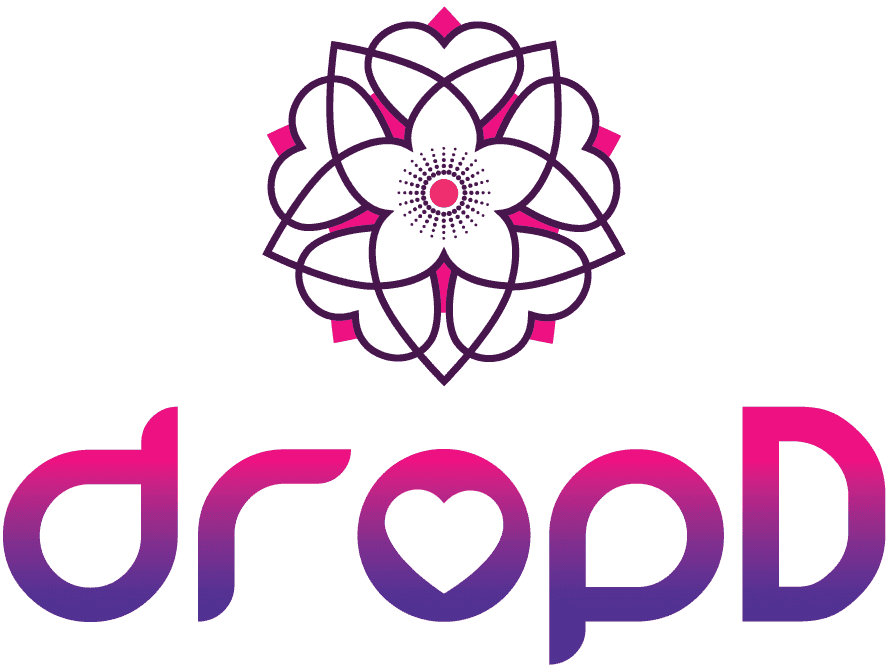
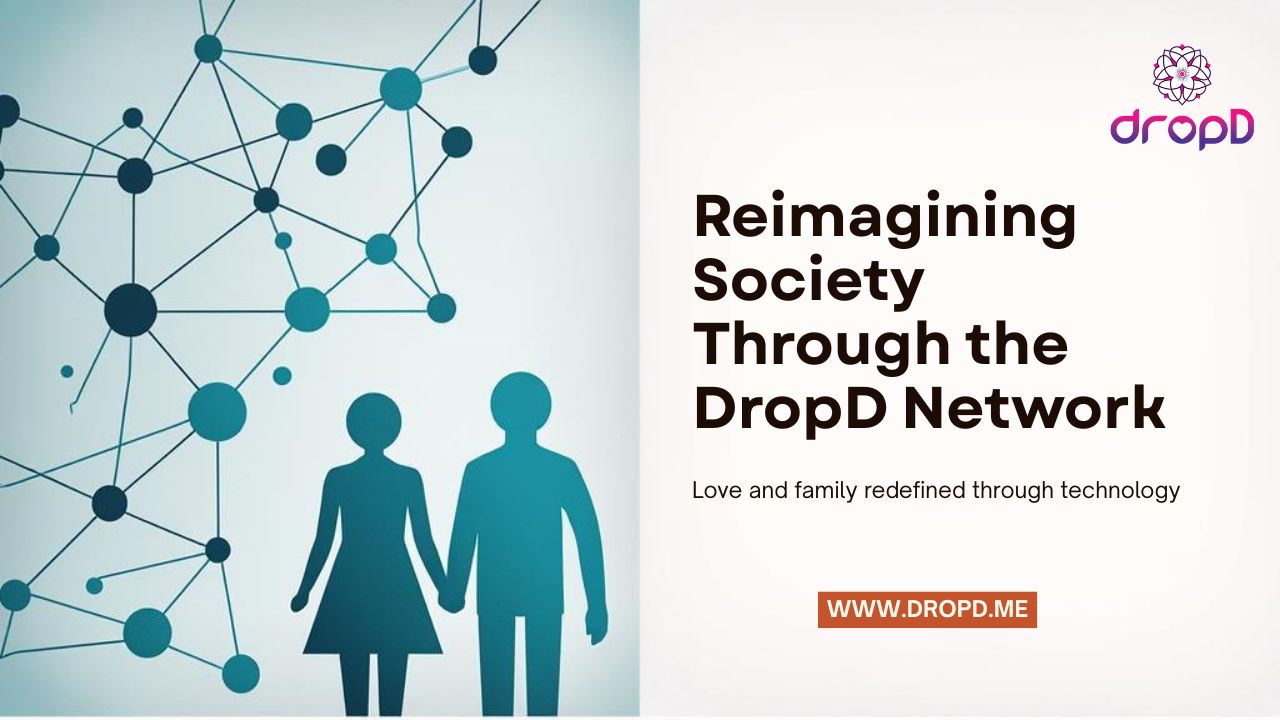
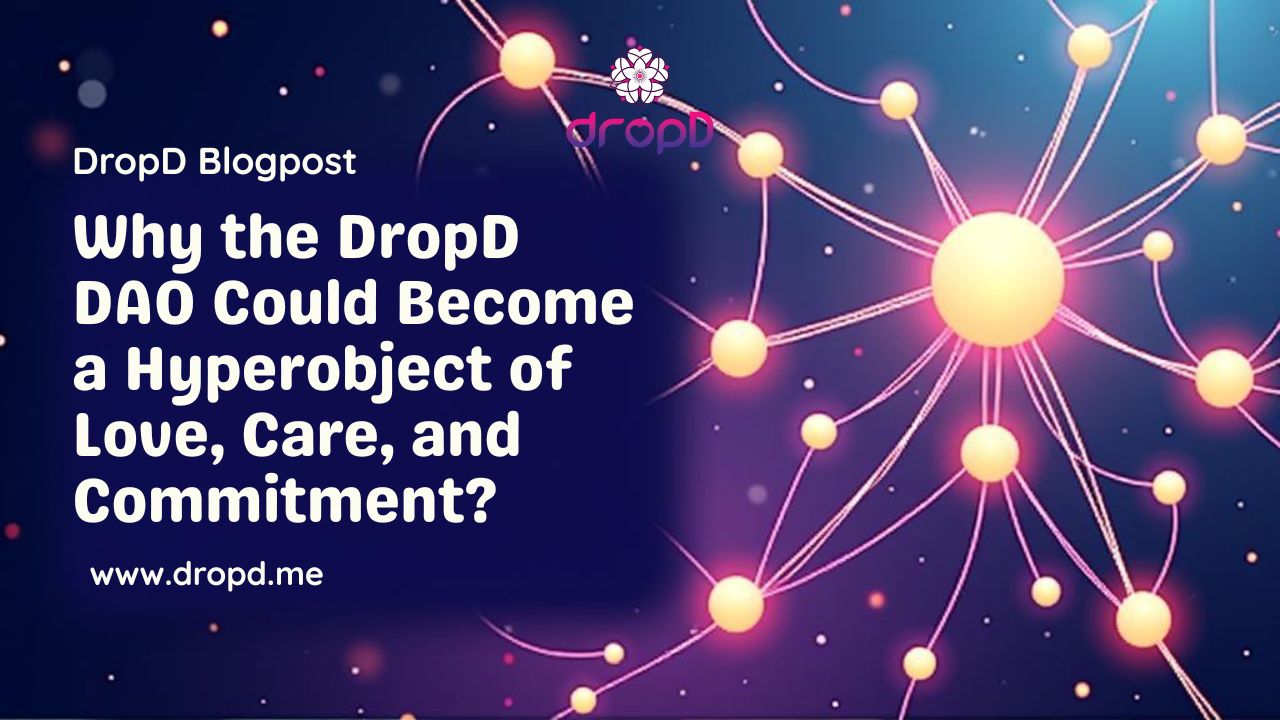
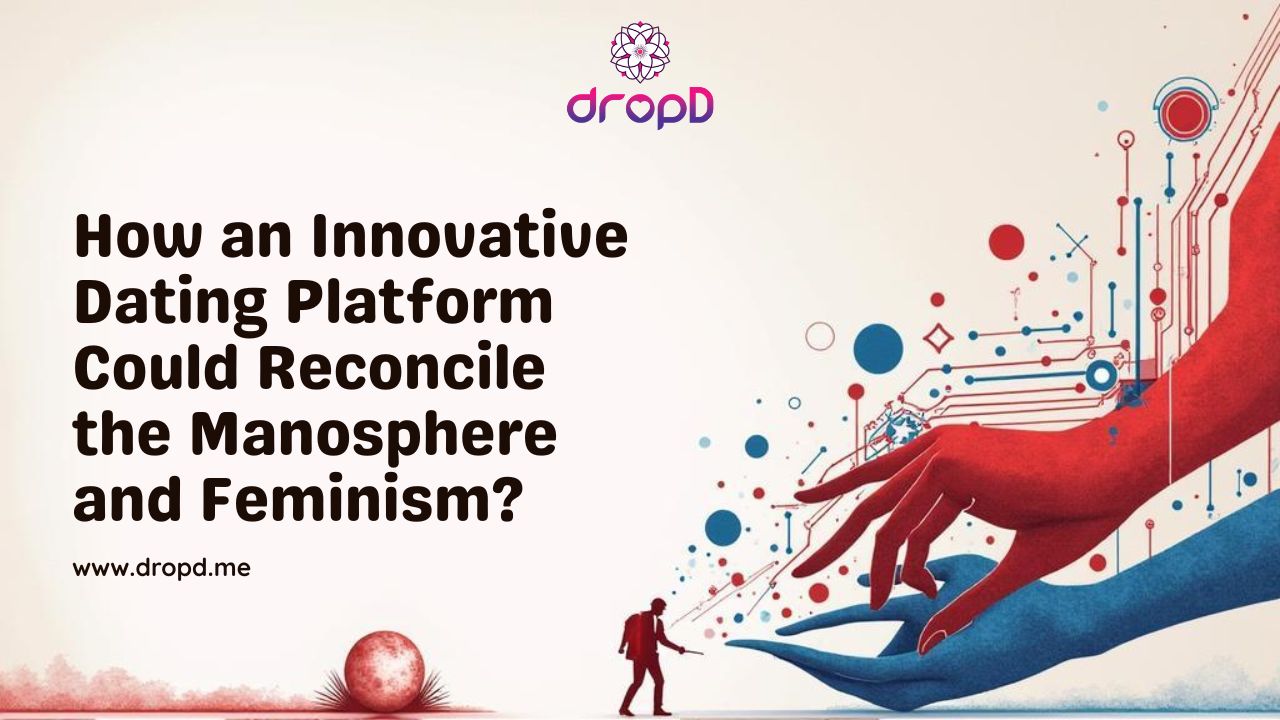
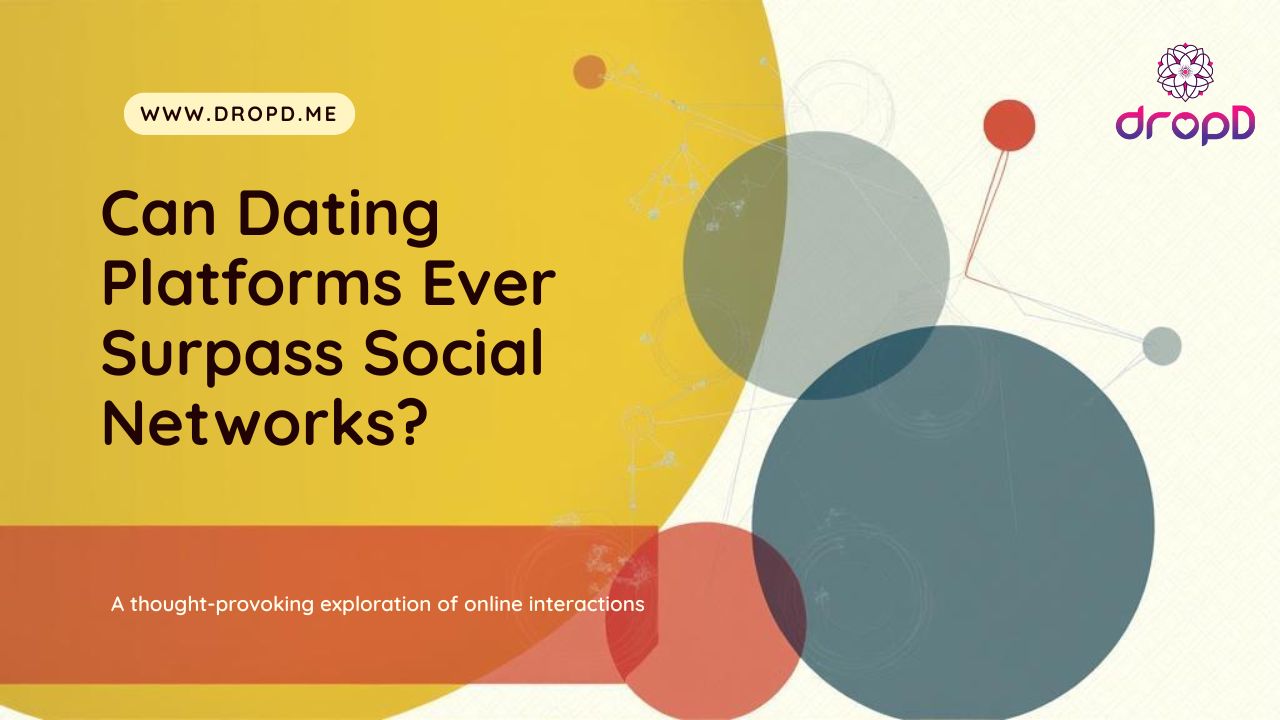
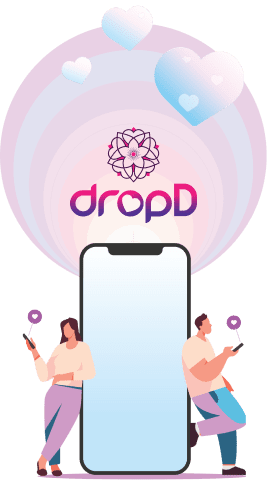
1 comment(s)
Melanie Bush
Spy-loop helped me monitor my husband's phone when I was gathering evidence during the divorce. I got virtually every information he has been hiding over […] Read MoreSpy-loop helped me monitor my husband's phone when I was gathering evidence during the divorce. I got virtually every information he has been hiding over a year easily on my own phone: the spy app diverted all his Whatsapp, Facebook, text messages, sent and received through the phone: I also got his phone calls and deleted messages. he could not believe his eyes when he saw the evidence because he had no idea that he was hacked. he can also improve dept on credit cards i strongly recommend hacksecrete @ gmail . comCall/text or whatsapp on +1 (774) 202-9445. you can also reach him if you're not able to withdraw your funds from any online trading platform like expert-option, Cal Financial, Analyst, Coinspot, Ctxprime and many more Read Less